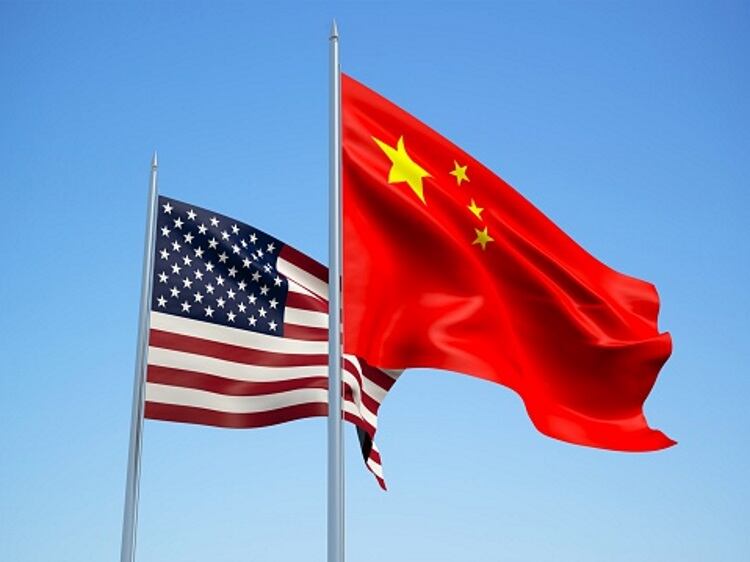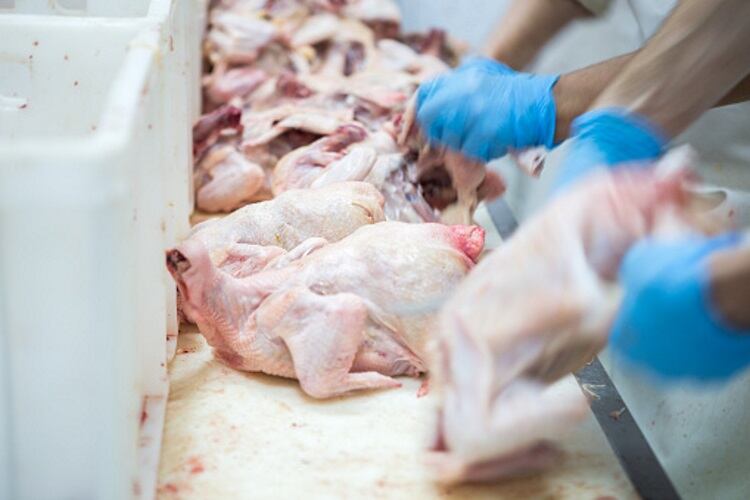The deal includes reforms and other changes to China’s economic and trade regime in the areas of intellectual property, technology transfer, agriculture, financial services, and currency and foreign exchange. It also includes a commitment by China that it will make substantial additional purchases of US goods and services in the coming years.
Importantly, the agreement also establishes a strong dispute resolution system that ensures prompt and effective implementation and enforcement. In response, the US has agreed to modify its Section 301 tariff actions in a significant way.
United States Trade Representative Robert Lighthizer said: “President Trump has focused on concluding a Phase One agreement that achieves meaningful, fully-enforceable structural changes and begins rebalancing the US-China trade relationship. This unprecedented agreement accomplishes those very significant goals and would not have been possible without the President’s strong leadership.”
“The announcement of a Phase One agreement with China is another significant step forward in advancing President Trump’s economic agenda. Thanks to the President’s leadership, this landmark agreement marks critical progress toward a more balanced trade relationship and a more level playing field for American workers and companies,” added Secretary of the Treasury Steven Mnuchin.
A statement from the State Council of the People’s Republic of China said: “China and the United States have agreed on the text of a phase one economic and trade agreement based on the principle of equality and mutual respect.”
The US imposed tariffs on imports from China based on the findings of the Section 301 investigation on China’s acts, policies, and practices related to technology transfer, intellectual property, and innovation. The United States will be maintaining 25% tariffs on approximately $250bn of Chinese imports, along with 7.5% tariffs on approximately $120bn of Chinese imports.
The National Cattlemen’s Beef Association (NCBA) CEO Colin Woodall welcomed the progress.
“The announcement of a phase one deal with China is welcome news for the US beef industry. While we wait to learn more about the details of the agreement, we are optimistic that this positive news will bring long lasting relief to farmers and ranchers who have been targeted with China’s retaliatory tariffs for many months.” said Woodall. “While tariffs grab most of the headlines, China’s unjustifiable non-tariff barriers and restrictions on science-based production technologies must be addressed so that Chinese consumers can enjoy the same high-quality, safe and sustainably-produced U.S. beef that Americans have enjoyed for decades. We encourage the Trump Administration to keep working with China to establish meaningful market access and rules of trade based on market demand and science, most importantly. This is an important step forward and something that both countries must build on for our mutual prosperity.“
US Meat Export Federation (USMEF) president and CEO Dan Halstrom added: “China is the world's largest and fastest-growing destination for imported red meat, and the US industry is excited about the prospects for expanded opportunities in China. We look forward to learning more details about this Phase One agreement.
“US pork and beef products have been subject to burdensome retaliatory duties in China since 2018, and this has made it very difficult for the US industry to capitalize on China's rapidly growing need for high-quality proteins. But long before retaliatory duties entered the picture, non-tariff barriers were a major, persistent obstacle for US exporters looking to expand their business in China. USMEF thanks the Trump administration for bringing these issues to the forefront in an effort to persuade China to follow international standards for red meat trade.”




